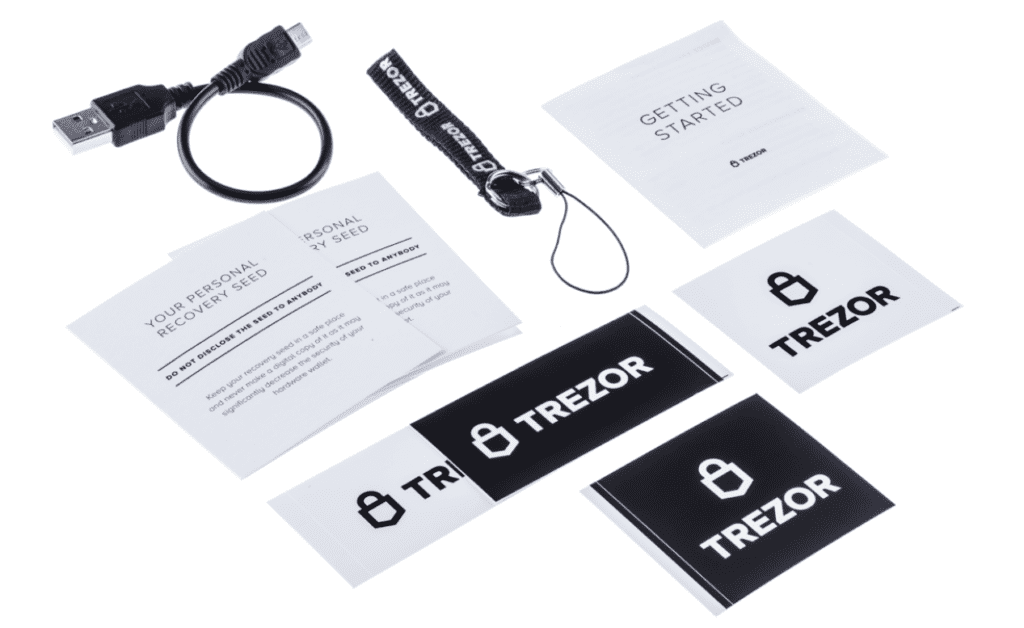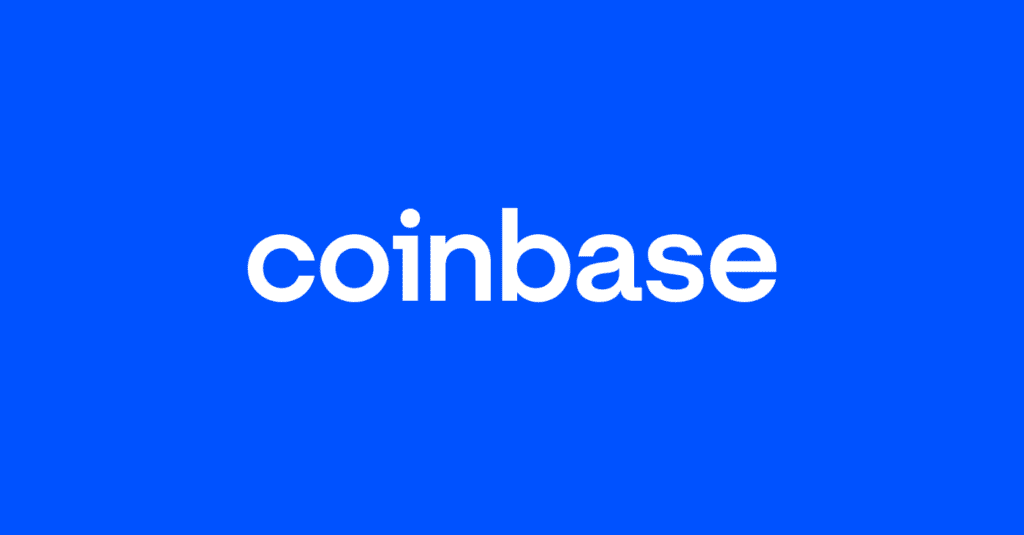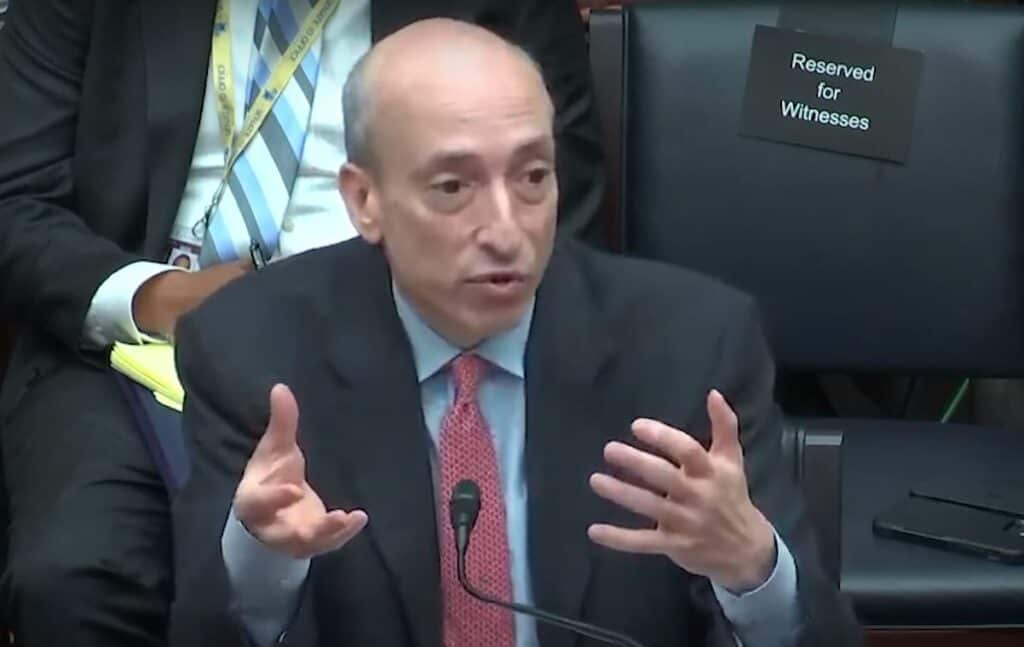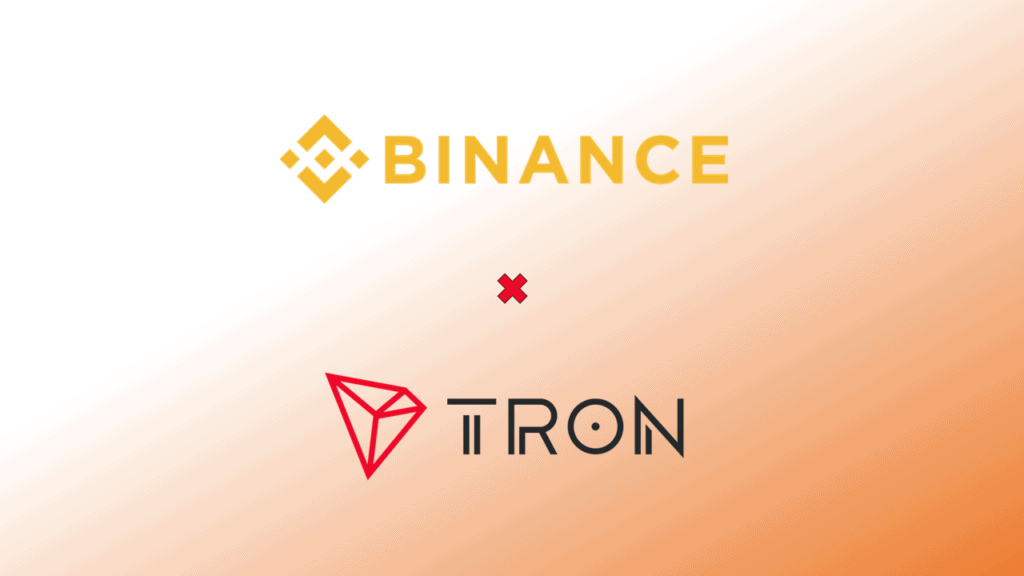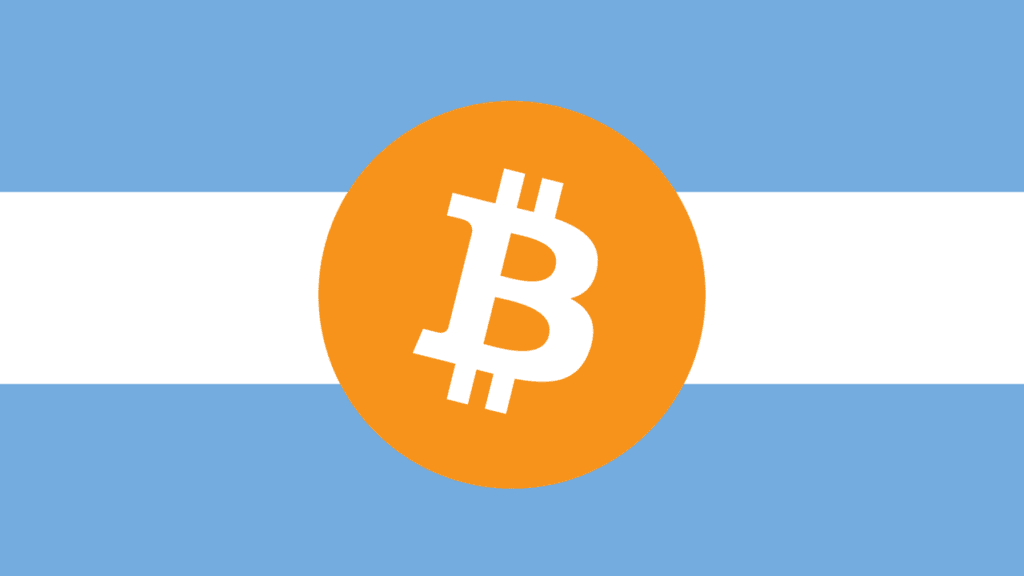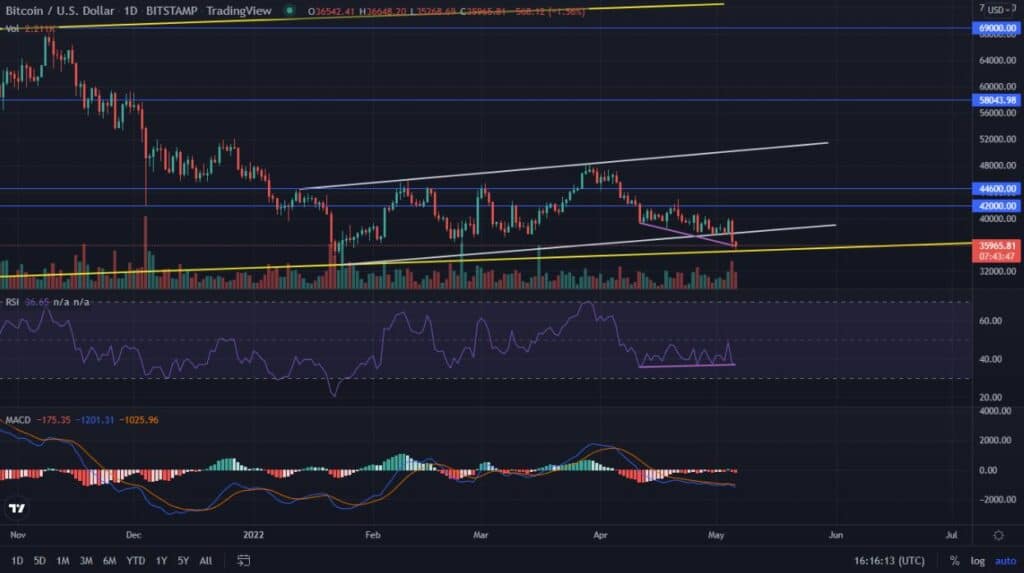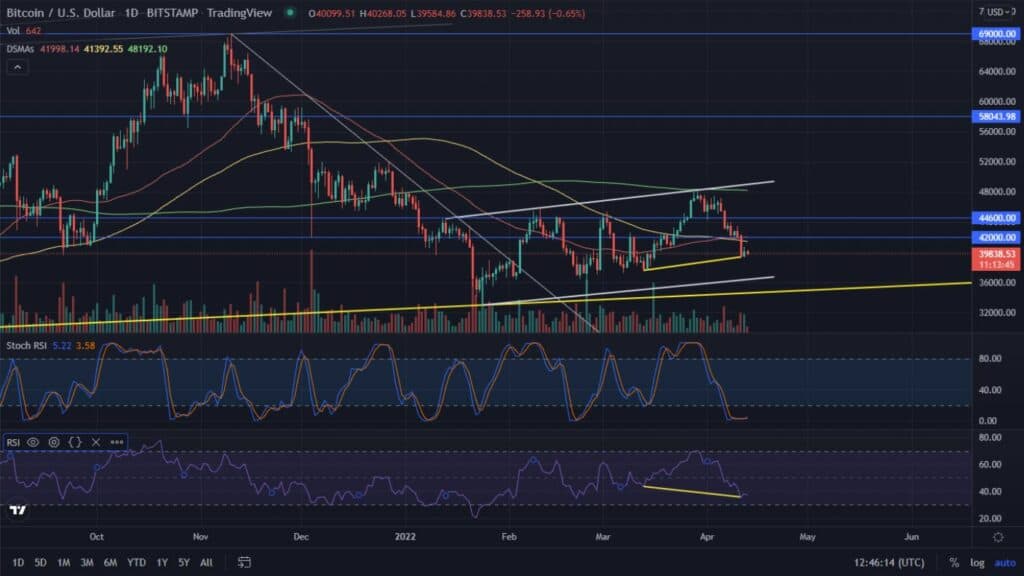Pedro Magalhaes, a blockchain developer, says he has managed to analyze the code of a Brazilian CBDC pilot, discovering functions that allow accounts to be frozen and emptied. While this initially seemed disturbing, the developer argues that there are situations in which these functions can be beneficial.
Controversial discovery in CBDC code
On Thursday, July 6, the Brazilian Central Bank published the source code of a pilot digital real project on GitHub, stressing that it is a test environment and “the architecture is still subject to change.”
On the same day, Pedro Magalhaes, founder of consulting firm Iora Labs, announced that he had “reverse-engineered” the code of the Central Bank of Brazil’s digital real, revealing some troubling features. These include the ability to freeze and unfreeze accounts, increase and decrease balances, transfer currency between addresses, and create and destroy digital real from specific addresses.
Magalhaes suggests that the Brazilian Central Bank is likely to apply these functions to secured lending and other financial operations based on decentralized financial protocols (DeFi). However, the problem is that the code does not specify under what circumstances tokens can be frozen and who has the authority to do so. Magalhaes stresses that such aspects should be clearly described in smart contracts and discussed with the public.
Developer reassures, but remains vigilant
Many members of the cryptocurrency community are expressing concern that CBDCs may infringe on their financial freedom and privacy. Magalhaes, in his July 10 post, suggests that despite these concerns, CBDC could bring some benefits. He says it would be easier to track taxes, which would allow the public to control the allocation of funds and monitor government spending. It would also facilitate transparency in the legislative process.
In July 2022, Fabio Araujo, an economist at the Brazilian Central Bank, explained that the digital real has the potential to stop capital flight and create a safe and reliable environment for entrepreneurs.
Despite all the excuses, this information has caused a marked increase in prejudice against any CBDC project. The lack of full and exclusive control over the funds held by potential users is perceived as a restriction of freedom. This kind of tool, with the features outlined above, is seen as an over-reaching government intrusion into citizens’ privacy.
Brazilian real from a technical point of view
The pilot digital real is based on the Hyperledger Besu platform, a private blockchain compatible with the Ethereum Virtual Machine (EVM). Since CBDC is not as decentralized as Bitcoin or Ethereum, users must get approval from the central bank to become a node in the network, Magalhaes reported on July 7.




